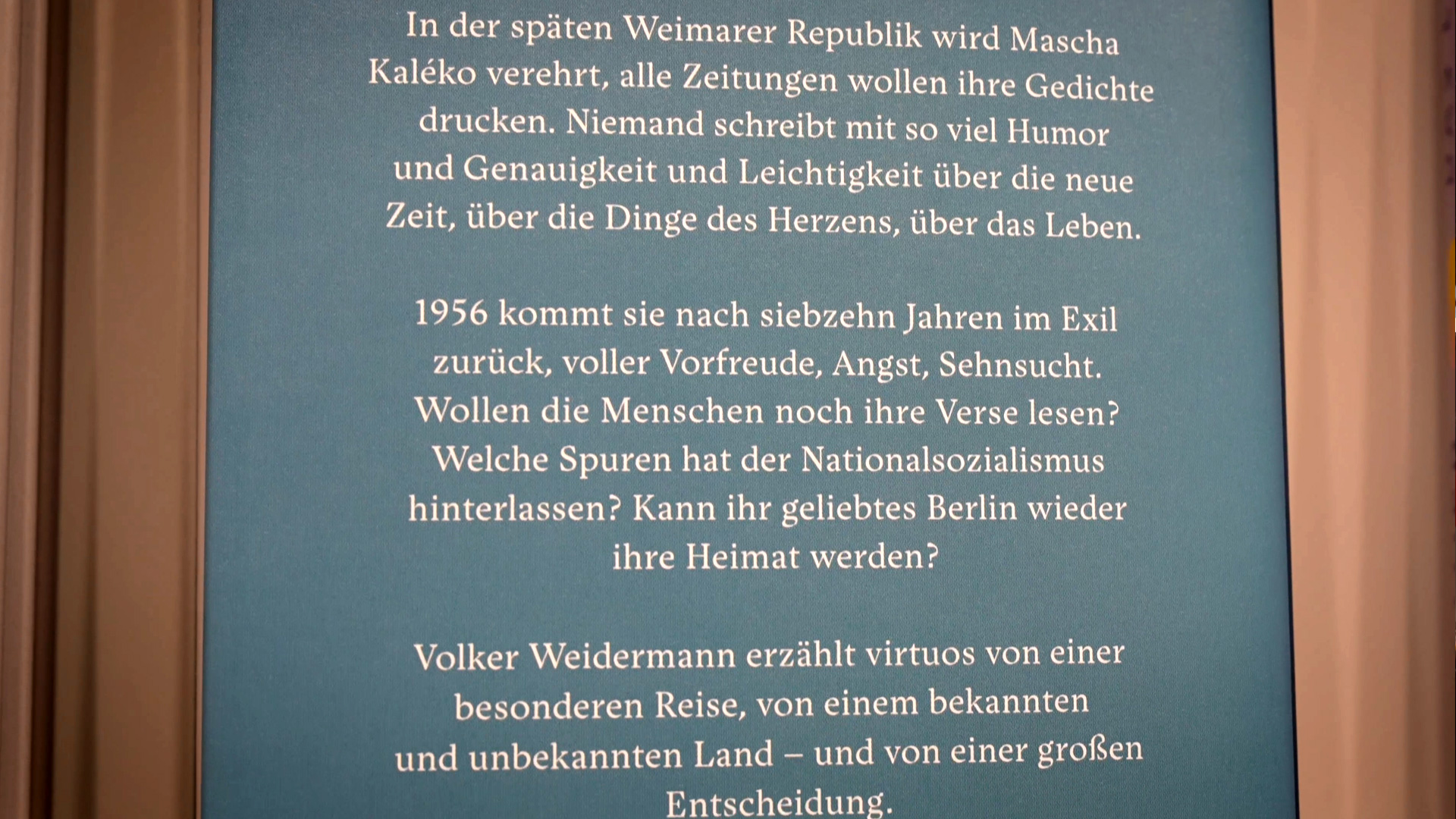The publishing house Kiepenheuer & Witsch is celebrating its 75th anniversary – a milestone that stands for literary quality, social commitment, and a keen sense for important voices. One of the highlights of the current program is Volker Weidermann's new book “Wenn ich eine Wolke wäre” (If I Were a Cloud), which is an impressive literary portrait of the poet Mascha Kaléko. In it, Weidermann succeeds in the feat of recounting the life and work of a woman who stood between times – a Jewish emigrant, chronicler of her generation, and to this day one of the most independent voices in German-language poetry.
Since its founding, Kiepenheuer & Witsch has stood for literature that addresses social issues while remaining literarily sophisticated. For decades, the publishing house has published works that have sparked discourse – from Heinrich Böll to Juli Zeh. The anniversary program combines this tradition with new perspectives: books that tell of courage, attitude, and human experience.

In “Wenn ich eine Wolke wäre,” Weidermann accompanies Mascha Kaléko through the year 1956, when she traveled through Germany after decades of exile. The poet, who became famous in the 1930s for her pointed, melancholic verses, encounters old companions such as Erich Kästner and her publisher Rowohlt on this journey. At the same time, she faces the painful question of whether she could return to the country of her childhood.
Mascha Kaléko was long underestimated, but her poetry still touches us today. Her supposed simplicity conceals an astonishing modernity: humor, melancholy, and the ability to elevate the everyday to the poetic. Weidermann's book shows why her poems resonate again in a time of unrest—as an expression of self-determination and sensitivity.